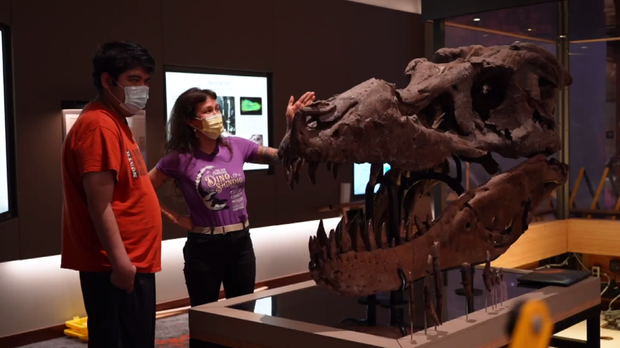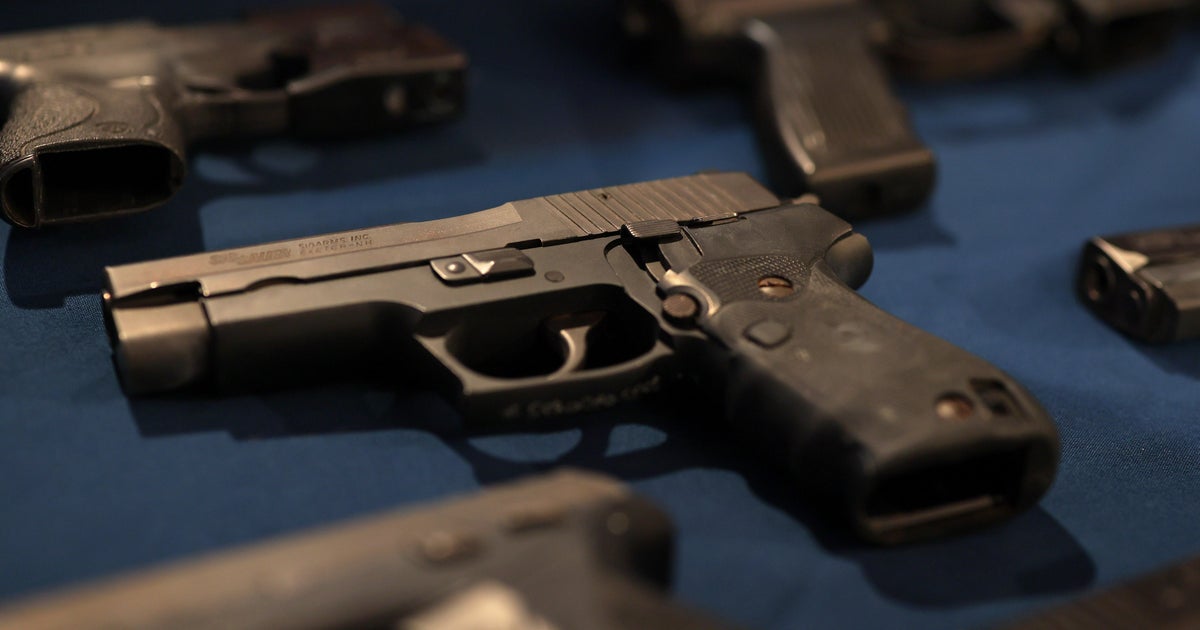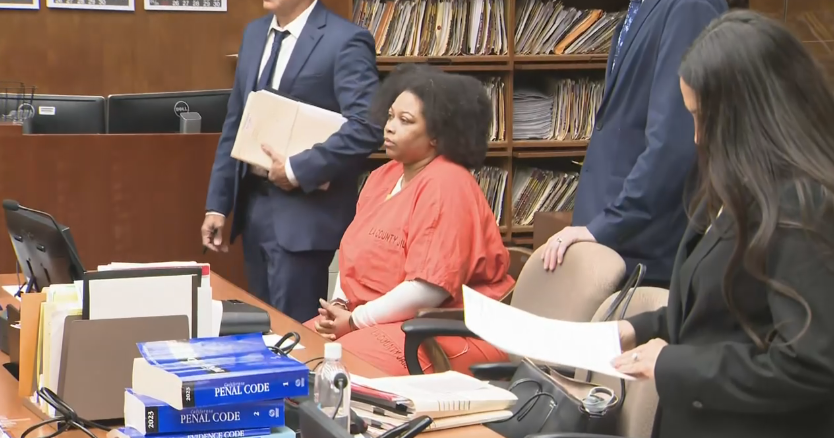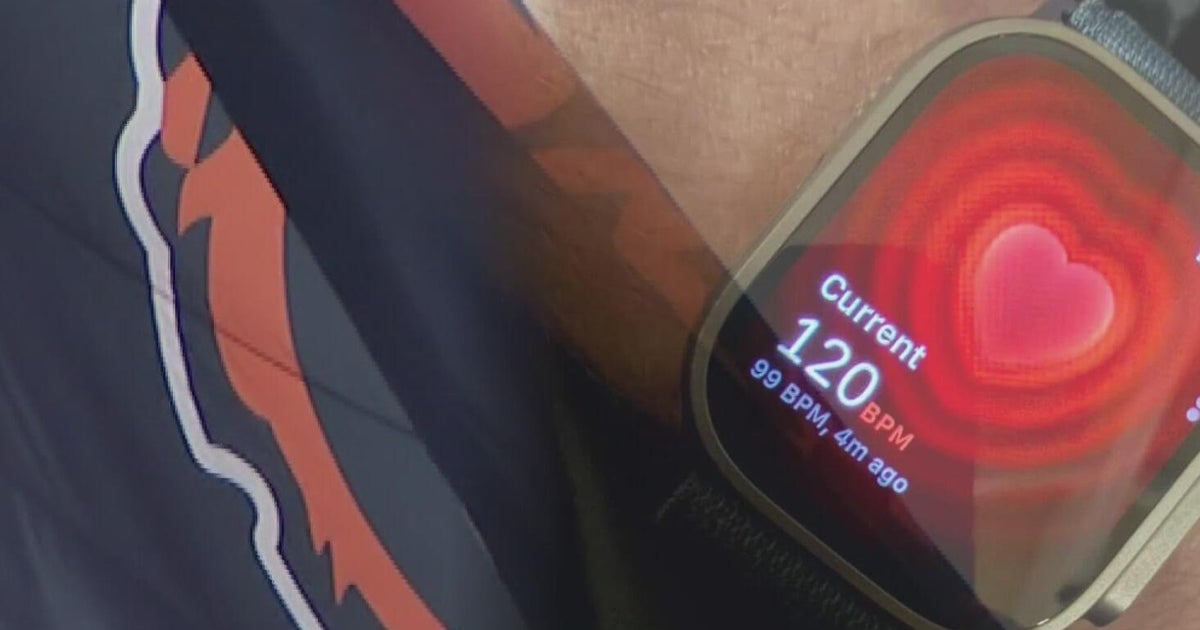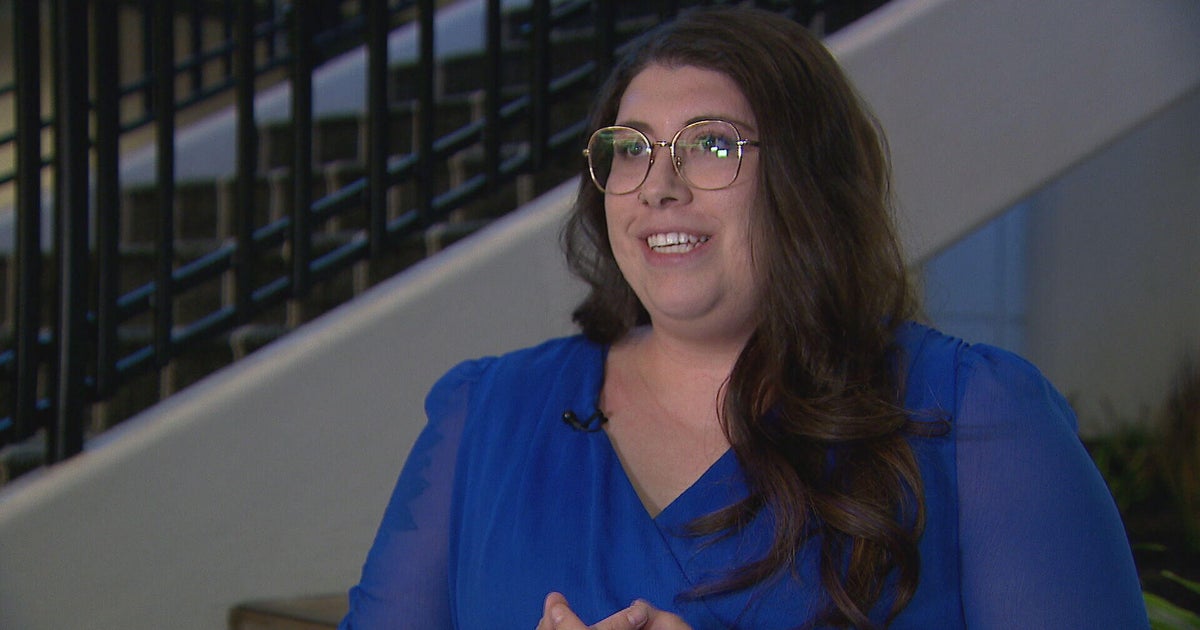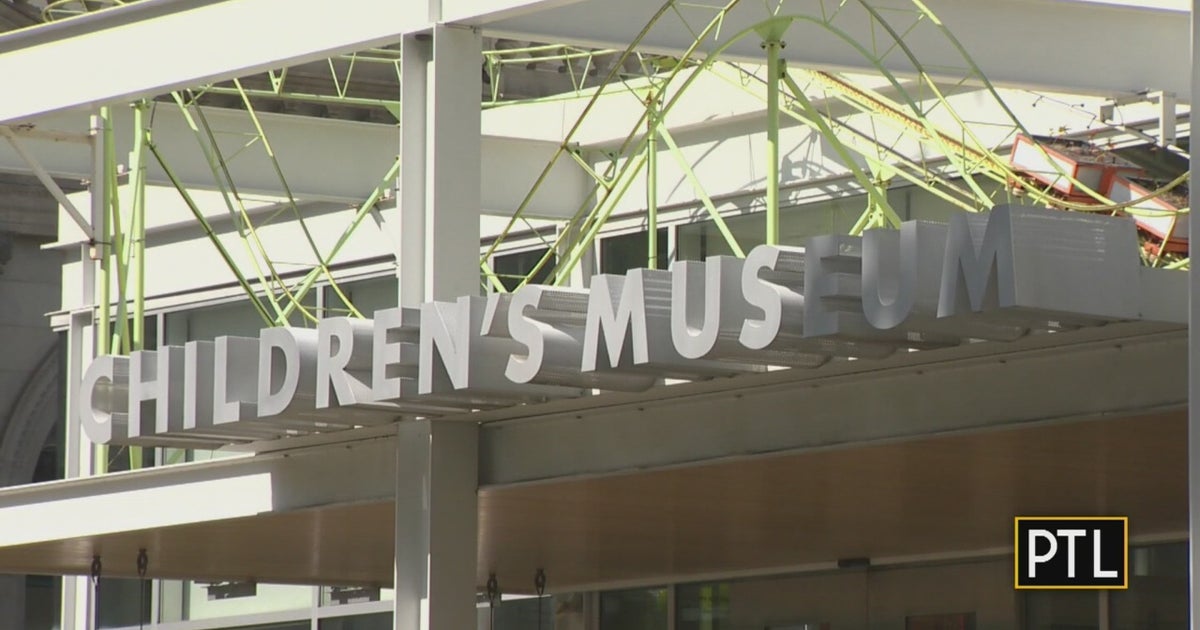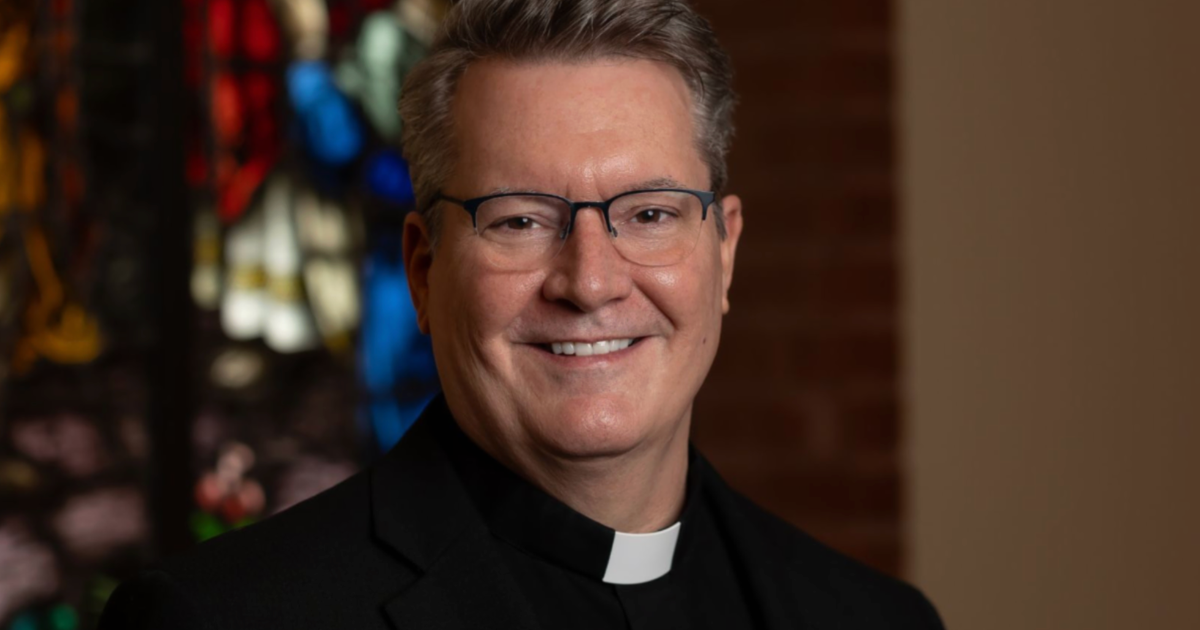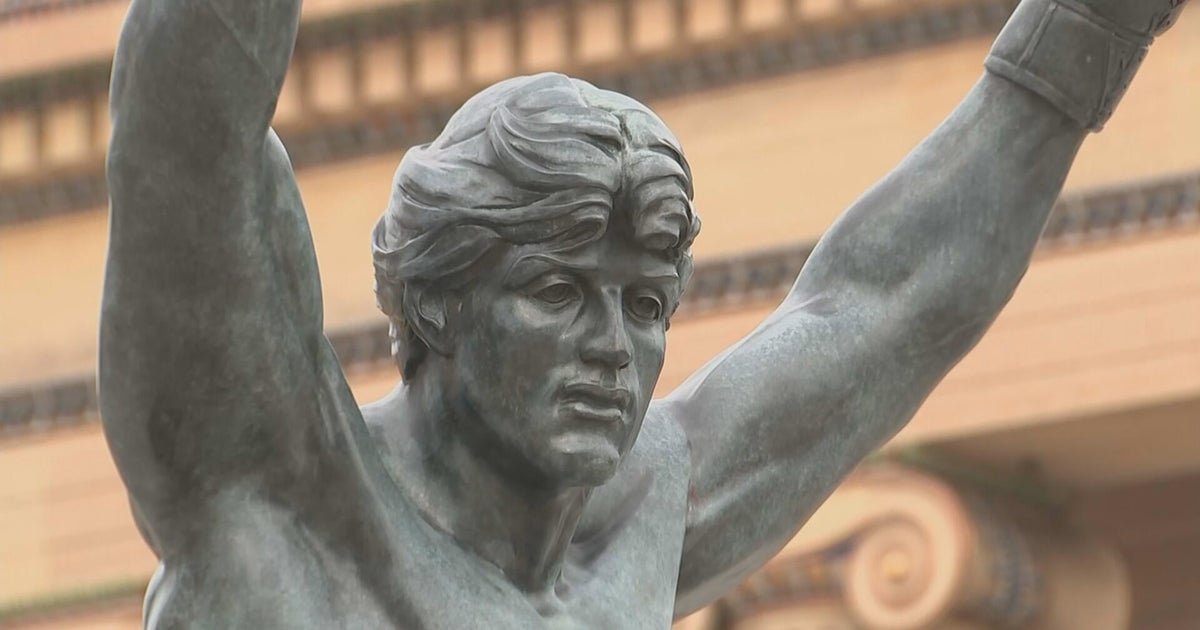Paleontology-loving teen who's had two lung transplants gets behind-the-scenes tour of Field Museum
CHICAGO (CBS) -- After surviving two lung transplants in two years, a Wisconsin teen is getting a chance to try out his dream job.
Surgeons at Northwestern Medicine and researchers at the Field Museum of Natural History are showing him anything is possible.
Josh Burton, 17, was born in Guatemala and adopted as a baby by his mother, Kelly Burton, according to Northwestern Medicine. He grew up in Madison, Wisconsin, and became fascinated with paleontology and dinosaurs.
At the height of the COVID-19 pandemic in 2020, Burton started having breathing problems and was diagnosed with pulmonary veno occlusive disease – which causes small veins in the lungs to narrow and worsen blood flow.
In the spring of 2021 when he was 14, Burton got a double lung transplant at a hospital in Wisconsin. But a year later, he contracted RSV – and his new lungs began to fail.
Burton's mother said more than 20 hospitals refused to give her son a new lung transplant. But Northwestern Medicine took him on.
After Northwestern accepted Burton, his lung function kept deteriorating and he was put on an ECMO – a machine that does the work of the heart and lungs. He almost died several times, and new donor lungs turned out not to be usable for him 13 times.
But a match was found on June 28, and Burton got his second pair of new lungs in a successful surgery.
There were dinosaurs all around Burton's room at Northwestern Memorial Hospital. But while he still wants to be a paleontologist, he can't work with dirt because of his transplants.
But scientists at the Field Museum showed Burton ways he can still have a career without digging in the dirt.
The Field Museum made Burton an honorary paleontologist for a day. Jingmai O'Connor – "punk rock paleontologist" and associate curator of fossil reptiles, and Bill Simpson, head of geological collections, showed him how he can pursue paleontology while also staying safe from dirt.
"Training the next generation of paleontologists is one of the most rewarding and important aspects of my job," Dr. O'Connor said in the news release. "I would really argue that a vast majority of methods and techniques that are utilized by paleontologists today, especially the most exciting and cutting-edge techniques, are all techniques that would be totally accessible to Josh. There are lots of fossils waiting to be studied and even new species to discover in our collections without going anywhere in the field."
On Wednesday, Sept. 20, Burton got an exclusive, behind-the-scenes tour of the Field Museum.
He got to take SUE the T. Rex's skull out of his case and see it up close – as Dr. O'Connor explained a scanning project of the holes in SUE's jaw as an example of how paleontologists can work and do research without coming into contact with dirt.
Burton also got to see fossil slides under a microscope – and a 3D fossil slide on a computer screen – in Dr. O'Connnor's lab. He also had a chance to see and interact with enormous fossils and dinosaur bones.
Burton is now a senior in high school, and he was thrilled.
"I got to see SUE's head out of its case – something that rarely happens – and that was such a highlight for me," he said in a news release. "When I was fourteen and had my first lung transplant, I gave up on my dream of being a paleontologist because I knew I couldn't be around dust and dirt. So many medical centers turned me down for a second transplant, but Northwestern Medicine gave me a chance to live, to see my upcoming eighteenth birthday (this October), and to visualize a career path."

